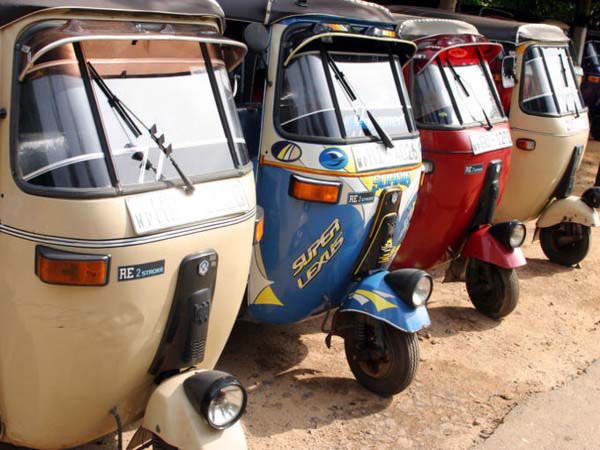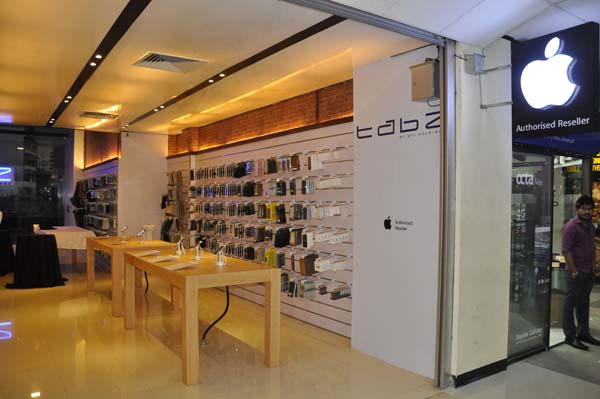
The Government turns a blind eye to the common man
The transportation sector has been under the watchful eyes of many in the recent past because of the undue pressure imposed on 1/3 of the country’s population who make a living through anything and everything related to the Three-wheeler industry.
In their recently proposed national budget for the fiscal year 2016-2017, the government of Sri Lanka has now caused many controversies and difficulties among the country’s political elites as well as the ordinary vehicle buyers etc. due to the increase in the ‘Loan To Value’ Ratio (LTV) of Three-wheelers from 30% to 75% which is a clear indication that the government is discouraging the purchase of it. In this regard, it has caused a major hit to the most common and visible Informal Public Transport (IPT) modes as which is an integral part of the transport sector in the country.
The Three-wheeler which was previously purchased at approximately Rs.6, 50,000.00 included a very affordable leasing facility of 70% where the buyer only had to pay a sum of Rs.2, 00,000.00 at the time of purchase. Taking a complete opposite leap in making this transaction unattainable, the lease will now be offered at a very low rate of 25% along with a 15% increase in Excise Dutyand a carbon tax which includes the existing emission test fee; resulting in an unbearable cost of more than Rs.5, 00,000.00 to be borne by future customers.
The three wheeler which is also known as the common man’s mode of transport,will now be a big threat to self-employed individuals, retails businesses and many families who seek a livelihood through this humble contraption due to its affordability and efficiency.The once convenient and cost effective mode of transportation, will also directly affect its operators and all its dependents such logistic service providers, spare part and other dealers as well asits direct employees of its operating companies which is a huge part of the country’s Economy.
Despite all these facts, the current government has chosen to turn a blind eye towards this situation as Sri Lanka’s new budget proposal recently revealed that the Government will encourage other options in place of Three-wheelers.
Owning a Three-wheeler or motor cycle which is by default the first choice of any middle and lower middle class individual, is now made impossible due to its exorbitant price increase and its considerable impact in the vehicle leasing sector which is a ‘lose-lose’ situation to both parties.
Although this remains as the perception of the current government, it is by no means beneficial to the common man in the short or the long run. Is the government willing to see through the eyes of a common man?


